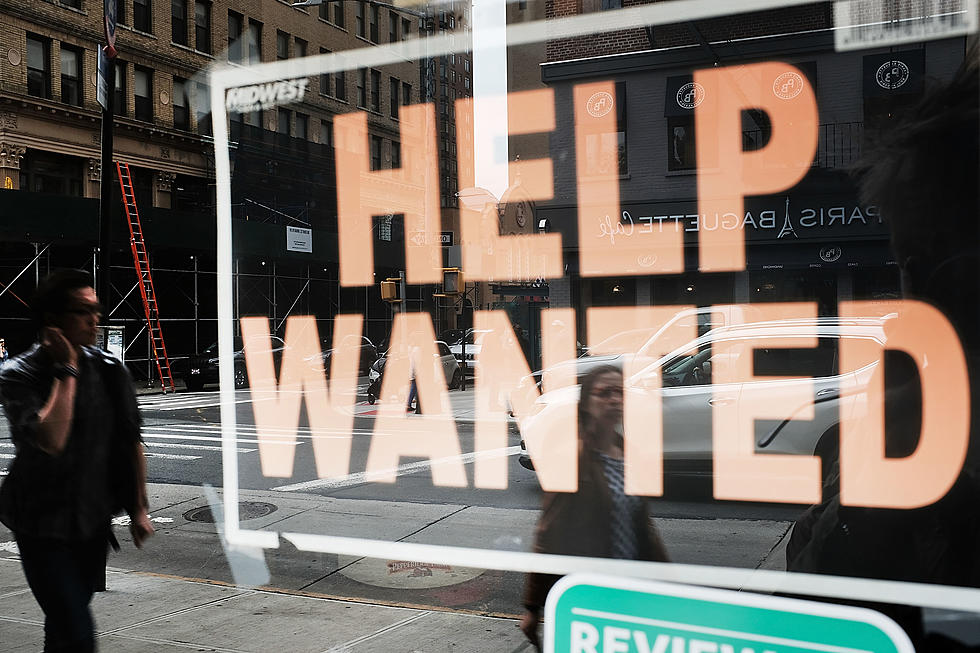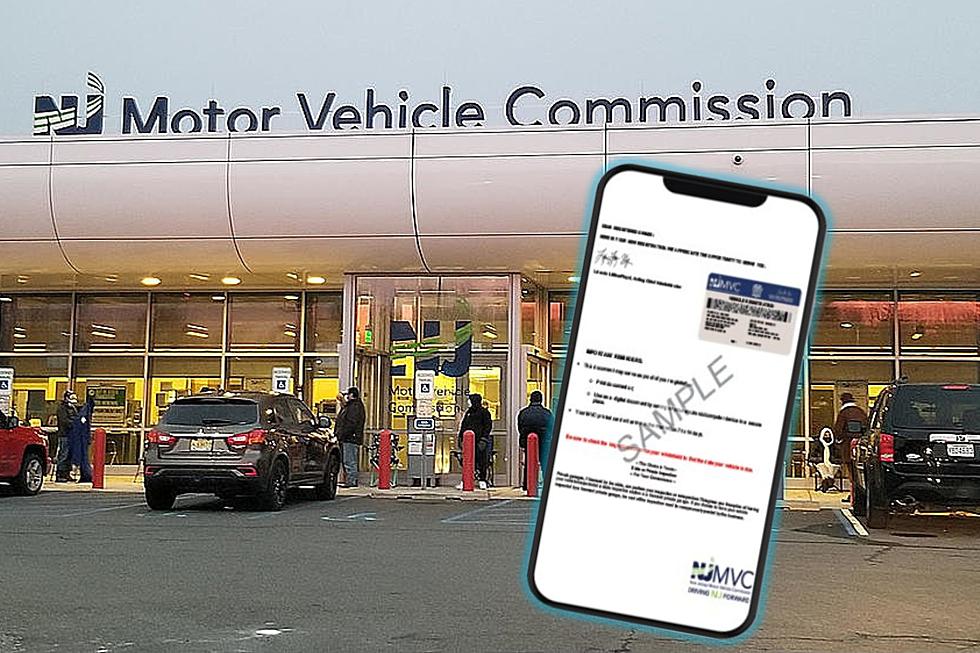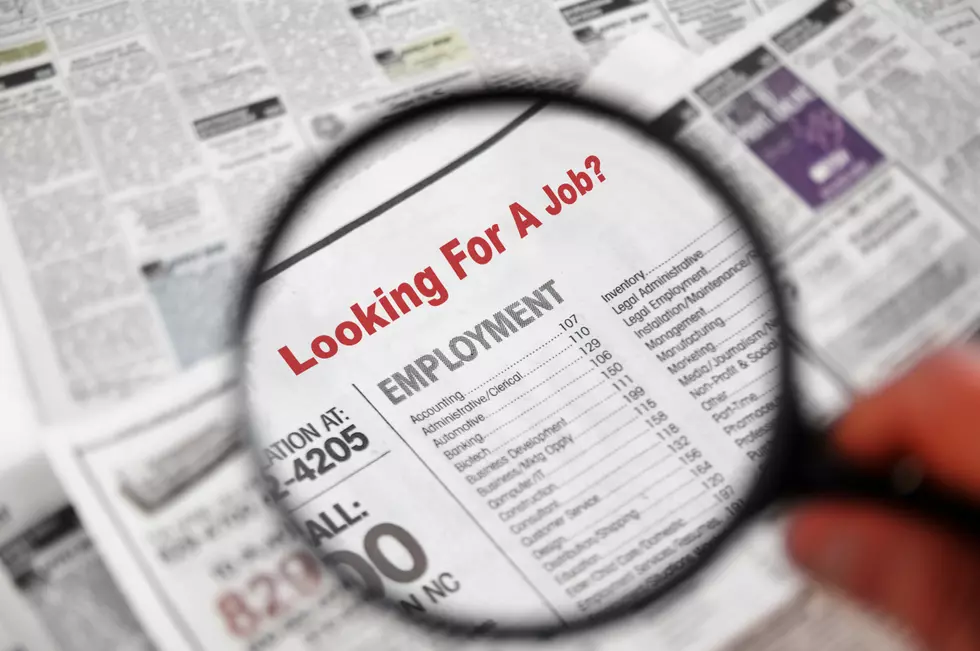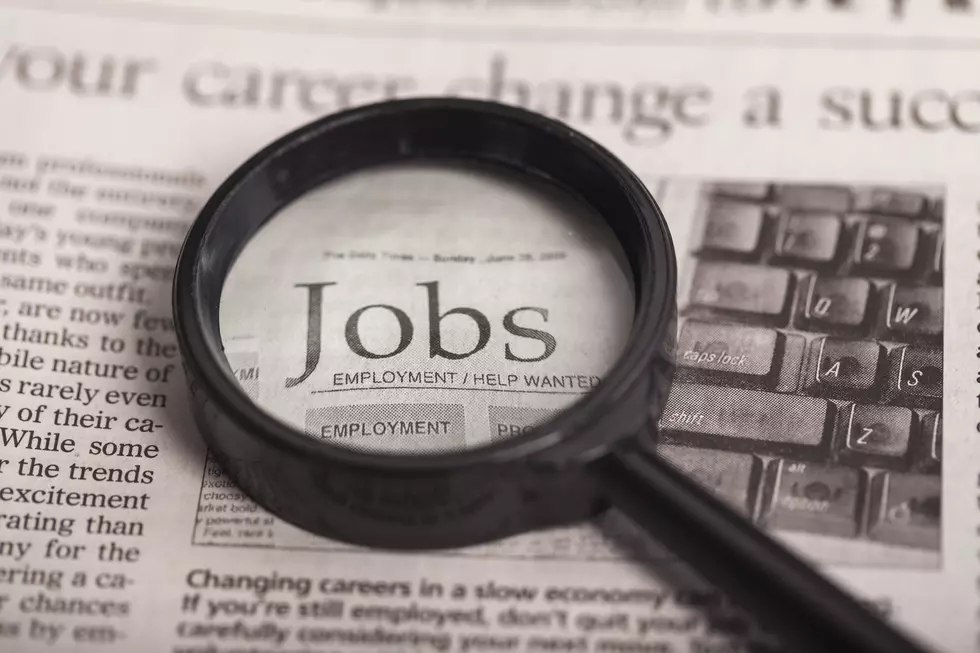
State to NJ businesses: Tell us if unemployed turn down jobs
TRENTON – Businesses who know of people who are turning down suitable work to keep collecting unemployment benefits should let the state know, the labor commissioner told a Senate committee at a Tuesday budget hearing.
Labor and Workforce Development Commissioner Robert Asaro-Angelo acknowledged some businesses are having trouble finding workers but said the issue remains largely anecdotal.
“We’ve had close to 2 million individual claimants. We’ve had exactly I think 68 employers tell us that their employees are refusing suitable work,” Asaro-Angelo said.
Asaro-Angelo encouraged businesses to report problems through the available online portal.
“I want to be very clear that if you think you have employees who are on unemployment now who aren’t returning to work, let us know. Because that would be a fraud against the system and something I would not advise anybody to do,” he said.
“I know that some of them might be reticent about that or getting somebody in trouble. But it doesn’t matter,” he said. “If they are really concerned about their business, about serving their customers, whatever the business may be, and help us keep fraud from happening, they need to let us know.”
Sen. Declan O’Scanlon, R-Monmouth, said he’s heard from business owners in his district, primarily in the restaurant industry, who say eight of 10 prospective employees who schedule interviews just don’t show up. Asaro-Angelo said that wouldn’t be evidence of trying to game the unemployment system.
“We don’t have the work-first requirement right now,” Asaro-Angelo said. “So, no one’s going to have an interview to prove anything to us. Not in this state, not right now for unemployment benefits.”
“When will we reinstate that? Is that coming soon?” O’Scanlon asked.
“We have not talked about that recently,” the commissioner said.
But people do still have to certify that they’re ready, willing and available to work.
“That is still a mandate for unemployment,” Asaro-Angelo said. “If you are offered work or rather you have the ability to work and you’re turning it down, you are not eligible for unemployment.”
Even if people think the extra $300 a week the federal government adds to state unemployment is generous, Asaro-Angelo said people are putting themselves at risk if they use jobless benefits meant for emergencies.
“Let’s just say you choose to stay on unemployment – which you cannot do. That’s illegal,” Asaro-Angelo said. “But then in September it runs out and you get a job. You lose that job in four months or four weeks, then there’s no unemployment left.”
Moreover, O’Scanlon said businesses in his Monmouth County district are closing because they can’t find people to work.
“They may want to stay on unemployment or figure out a way to stay on unemployment through September, but come September and that runs out, they’re going to need the jobs that may not exist because they’ve chosen not to work,” O’Scanlon said.
Asaro-Angelo cited studies of the extra $600 a week provided last spring and summer through the CARES Act that concluded it didn’t keep people from taking jobs and doubts it’s true for $300 a week. He said the concern gets conflated with other issues in the economy.
“Folks who don’t have child care for their children. Folks who are taking care of a sick relative. Or they’re being offered hours less than what they were offered prior,” Asaro-Angelo said. He said after being out of work for the past year, some have just moved on from the hospitality industry.

State labor department offices won’t reopen when pandemic-era capacity restrictions lift on May 19. Asaro-Angelo said it would slow down the process for the claimants who visit in person and others who are waiting.
“Everything that we do has three main priorities – bringing the most relief to the most workers as quickly as possible. And having people working in person on UI goes against all three of those things,” he said.
Lawmakers urged him to reconsider. Asaro-Angelo said he understands that people in difficult situations might want an in-person visit with eye contact but that there’s nothing that can be done in person that can’t be done over the phone or online.
“Look, it would be easier for me to say we’re going to open up,” Asaro-Angelo said. “But I know that we’re going to get through more claims the way we’re doing it now than by having to have folks there in person.”
New Jersey was one of the few states with in-person unemployment services before the pandemic, he said, adding that Kentucky, which started last week, might be the only state east of the Mississippi River providing them currently.
Michael Symons is State House bureau chief for New Jersey 101.5. Contact him at michael.symons@townsquaremedia.com.
LOOK: Here are the 50 best beach towns in America
Average SAT scores for every NJ high school
More From New Jersey 101.5 FM









